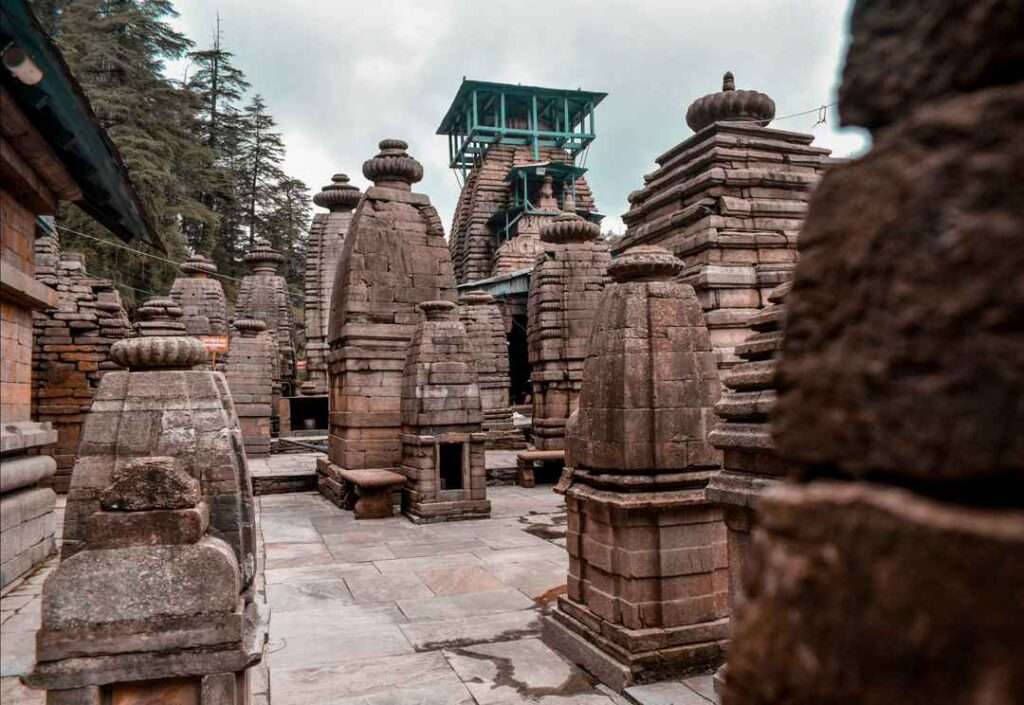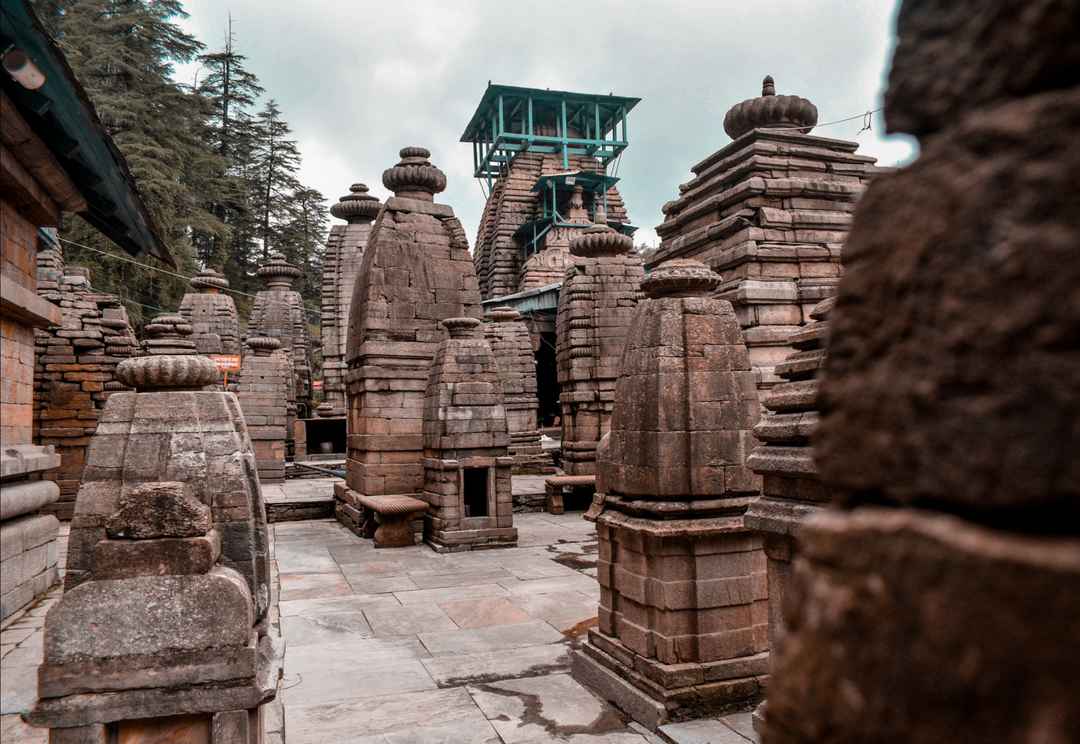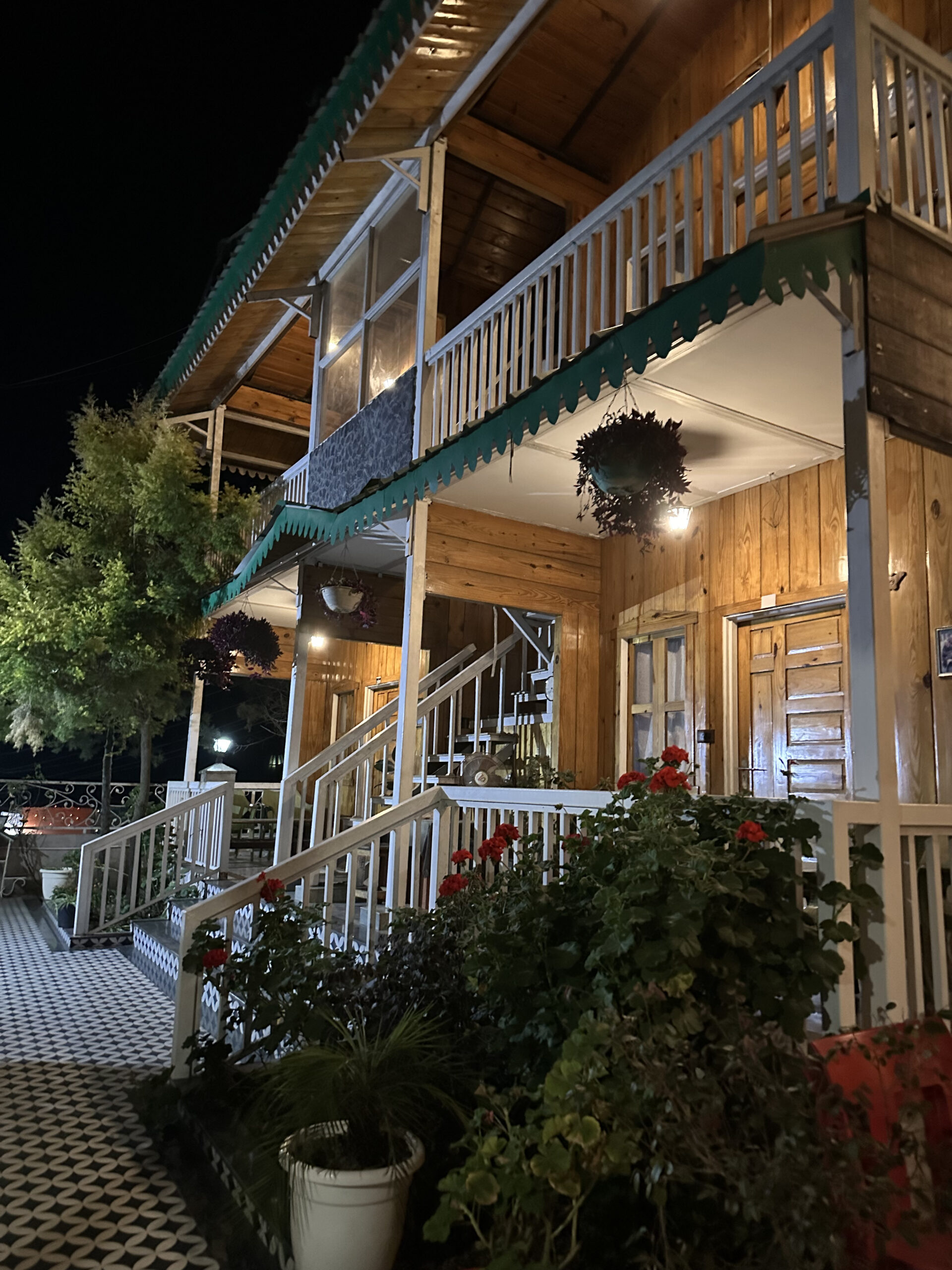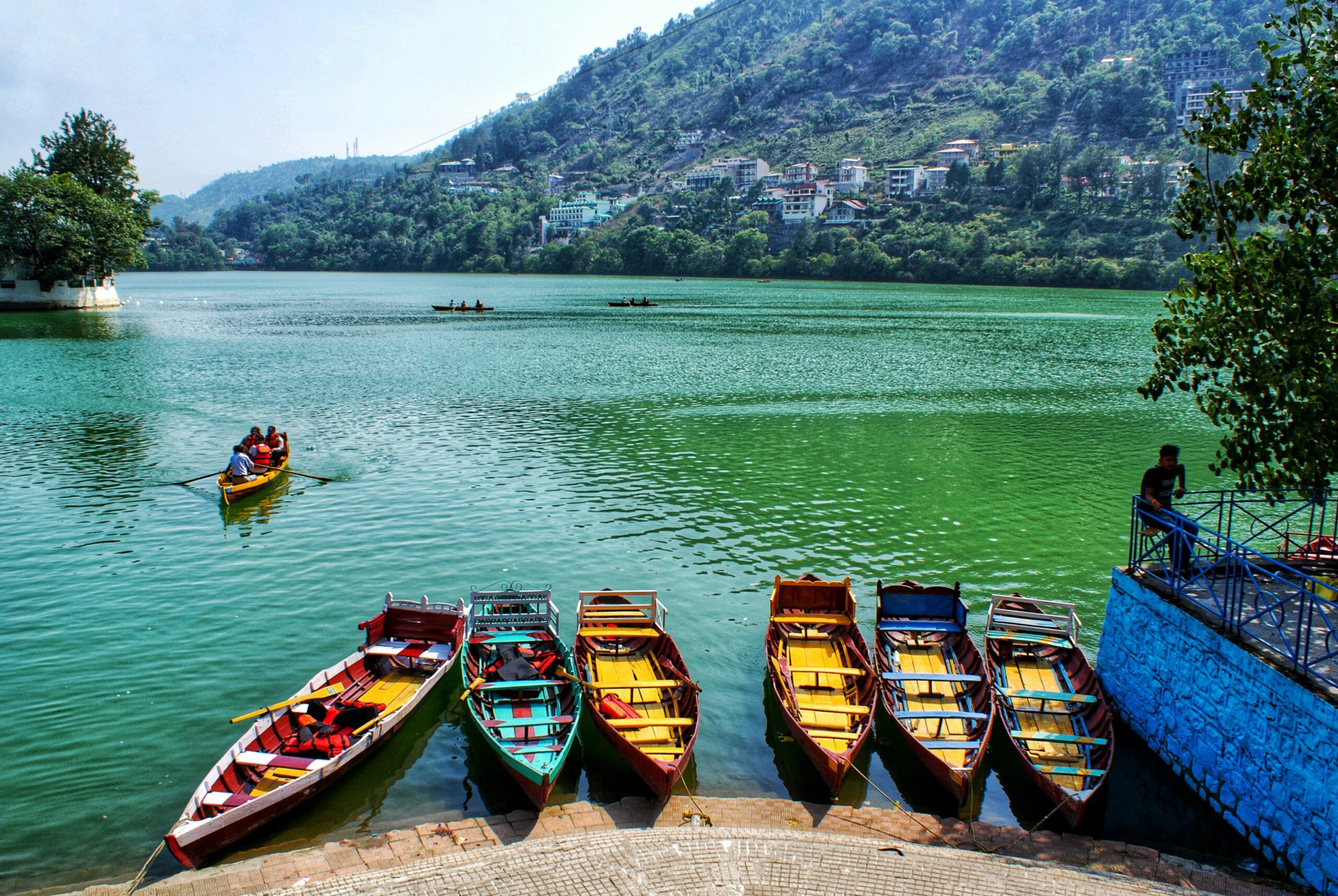

Jageshwar Temple: A Spiritual Beacon in the Himalayas
Introduction
Nestled in the enchanting landscapes of Uttarakhand, Jageshwar Temple is a mesmerizing destination that draws pilgrims, tourists, and history enthusiasts alike. This ancient temple complex, rich in cultural heritage and spirituality, holds a special place in the hearts of many. But what makes Jageshwar Temple so significant, you ask? It’s not just a religious site; it’s a living testament to India’s architectural brilliance and mythological narratives.
Historical Background
Origins of Jageshwar Temple
The roots of Jageshwar Temple stretch back to the 8th century, making it one of the oldest temples dedicated to Lord Shiva. It finds mention in various ancient texts, and it’s believed to have been a vital site of worship in its early days.
Key Historical Events
Over the centuries, Jageshwar Temple has seen countless devotees walk its sacred grounds, each leaving behind tales of faith and reverence. Many kings, including the Chand dynasty, contributed to its upkeep, ensuring this temple remained a beacon of devotion through the ages.
Architectural Wonders
Unique Features of the Temple Architecture
As you approach Jageshwar Temple, the intricate stone carvings and the traditional North Indian architectural style immediately capture your attention. The fusion of ornate sculptures and handcrafted stonework tells stories of artistry that date back centuries.
Comparison with Other Temples in India
While there are many notable temples across India, Jageshwar stands out for its unique layout, with over 100 smaller shrines grouping around the main temple. Each shrine teems with exquisite sculptures and divine representations that weave a rich tapestry of history and devotion.
Mythological Importance
Legends Associated with Jageshwar
The temple is steeped in legends, one of the most famous being its association with the legendary sage Vasishtha. It’s said that this sage meditated here, and the divine presence of Lord Shiva guided his spiritual journey.
Deities Worshipped at the Temple
The primary deity here is Lord Shiva, revered in many forms. Amid the significant shrines dedicated to ‘Jageshwar’ (another name for Shiva), you’ll also find shrines for various goddesses, creating a holistic spiritual environment for worshippers.
Cultural Significance
Festivals Celebrated
Jageshwar Temple comes alive during festivals, particularly the month of Shravana (July-August), when thousands of devotees participate in rituals and offer prayers. Maha Shivaratri is another festival that garners immense enthusiasm, vibrating with energy and devotion.
Role in Local Culture and Traditions
The temple is not just a religious site; it’s a cultural hub where traditions blend with spirituality. Local artisans showcase their crafts, and traditional music often fills the air, creating a vibrant tapestry of life around the temple.
Visiting Jageshwar Temple
How to Reach
Getting to Jageshwar is quite the adventure! Located about 36 kilometers from Almora, the temple can be reached by road. The nearest airport is Pantnagar Airport, while Kathgodam is the nearest railway station, from which one can hire local cabs.
Best Time to Visit
The best time to experience Jageshwar is between April and June or September to November when the weather is pleasant, making your spiritual journey all the more enjoyable.
Accommodation Options
Nearby Hotels and Lodges
From budget to luxurious lodging, you’ll find various accommodation options in and around Jageshwar. It’s advisable to book ahead during peak season to ensure a hassle-free stay.
Local Cuisine to Try
Don’t miss out on the local delicacies! Try “Aloo Ke Gutke” and “Bhatt Ki Chudkani,” which are not just food; they’re a taste of local traditions and culture.
Exploring the Surroundings
Attractions Nearby
When you’re in Jageshwar, don’t limit yourself to the temple alone. Explore the surrounding hills, and ancient forests, or take leisurely strolls that lead you through stunning vistas, such as the Kausani and Almora viewpoints.
Nature Walks and Scenic Views
The temple is surrounded by lush deodar trees and soothing streams, perfect for those looking to connect with nature. Imagine walking through those serene paths—sounds refreshing, right?
Spiritual Experience
Activities for Devotees
Beyond just worship, Jageshwar offers meditation and prayer sessions led by experienced gurus, making it a lovely retreat for those seeking spiritual enlightenment.
Meditation and Retreat Opportunities
For a deeper spiritual journey, sign up for meditation camps that are sometimes organized in the vicinity. Here, the tranquility of the environment truly enhances the experience.
Visitor Guidelines
Important Do’s and Don’ts
While visiting, it’s essential to maintain the temple’s sanctity. Avoid noisy conversations, and remember to remove your shoes before entering the sanctum.
Dress Code and Customs
Dress modestly to pay respect to the sacred environment. Opt for simple, comfortable attire that doesn’t draw unnecessary attention.
Community Involvement
Local Initiatives and Programs
Community participation is vital to Jageshwar’s charm. Many locals are involved in temple upkeep, ensuring traditions are preserved and passed down.
How Tourism Benefits the Community
Tourism provides employment opportunities and encourages local craft, making each visit significant beyond individual experience.
Preservation Efforts
Conservation of the Temple Site
The preservation of Jageshwar Temple is crucial, and several efforts are underway to maintain its structural integrity and the beauty of its surroundings.
Involvement of Government and NGOs
Numerous NGOs and government initiatives work together to keep Jageshwar pristine, ensuring that future generations can experience this spiritual haven.
Challenges Faced
Environmental Concerns
As tourism increases, so do pressures on the local environment. It’s critical to tackle pollution and deforestation to preserve Jageshwar’s natural beauty.
Impact of Tourism
While tourism boosts the local economy, it can also lead to challenges like overcrowding. Striking a balance is necessary for sustainable tourism.
Testimonials
Visitors’ Experiences
Many visitors leave with profound experiences, often sharing stories of spiritual awakenings and connections they felt during their time at the temple.
Personal Stories for Connection
Hearing what others felt during their visit is often inspiring—each story is unique, yet they weave a common thread of devotion and discovery.
Learn more about: Dhokaney Waterfall Almora
Conclusion
In a world often characterized by chaos, Jageshwar Temple remains a refuge of peace and spirituality, transcending time and culture. Whether you’re a devotee, a tourist, or someone seeking a break from the mundane, this temple serves as an invitation to explore the divine. So, why wait? Pack your bags and head to the serene heights of Jageshwar; your journey of discovery awaits!







